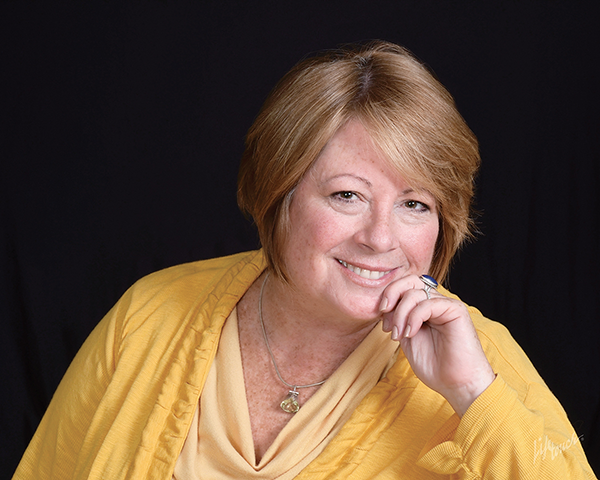Karen Keating Ansara on Recoverable Grants
TBF News Winter 2023
Karen Keating Ansara has been a close friend of the Boston Foundation since we co-founded a fund for humanitarian relief after the horrific earthquake in Haiti in 2010—the roots of TBF’s Haiti Development Institute. She has focused her grantmaking through the Ansara Family Fund, a TBF Donor Advised Fund (DAF) that she shares with her husband Jim Ansara, to address global poverty, health and equity as well as community-driven development. She also founded the Network of Engaged International Donors (NEID), serves on numerous boards and supports initiatives that strengthen Greater Boston. (See tbf.org/ansarainterview for a full transcript.)
"I’m a big fan of TBF and its flexibility in allowing me to make Recoverable Grants over the last 10 years or so,” says Karen Keating Ansara, “and I’m very excited about its new Recoverable Grants Portfolios. Just today, I authorized a $250,000 investment in the BIPOC Small Business Lending Portfolio and $250,000 in the Equitable Housing Portfolio—and I’m considering another $500,000 in the near future. With Recoverable Grants, we can move so much more of the money in our DAF toward objectives that we really care about, but we don’t necessarily have to count them as part of our grantmaking budget. This means that we can extend our grantmaking budget enormously. (See page 6 for more about the portfolios.)
“Another way to think about it is this: As a donor, let’s say you have $100,000 in your DAF. If it is traditionally invested, you’ll earn about 5% in annual interest. If you grant it out as a $100,000 Recoverable Grant, you only forfeit roughly $5,000 a year in interest and put far more money to work in our communities.”
She explains that for many nonprofit organizations, it’s a way to access bridge funding: “For instance, we granted $150,000 about eight years ago to an affordable housing organization on the North Shore called Harborlight Community Partners. It’s a very stable organization, but they have to spend a lot of upfront money designing affordable housing and lobbying local zoning boards. So, that’s what we give them. And we ask them to pay us back in a year.” So far, Karen says, it’s worked beautifully and they continue to invest $150,000 a year. “Otherwise, they would have to borrow money from a bank as working capital and pay interest on it,” she adds.
“What’s exciting to me about TBF’s new portfolios is that I don’t have the bandwidth right now to research ways to invest in BIPOC-owned businesses in Greater Boston, but I really want to support entrepreneurs of color because I believe their work is a crucial engine for growth and equity. It’s the same with affordable housing. And I know the Boston Foundation can do this research for me. There’s no better entity to do this; they’re pioneers in this work."
To explore this exciting new investment option visit: recoverablegrants.tbf.org

